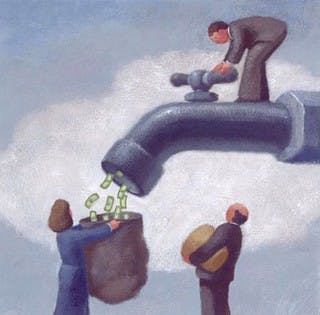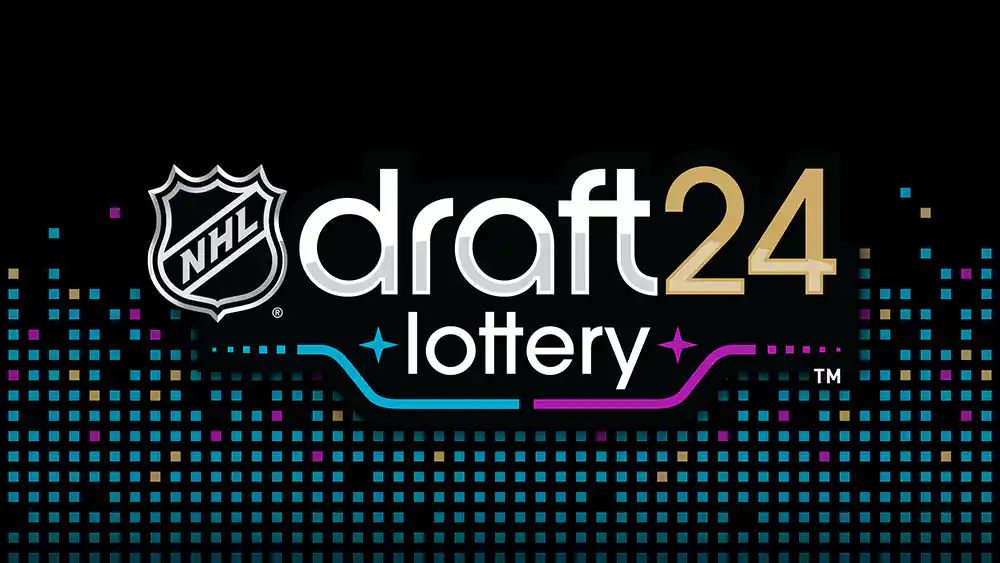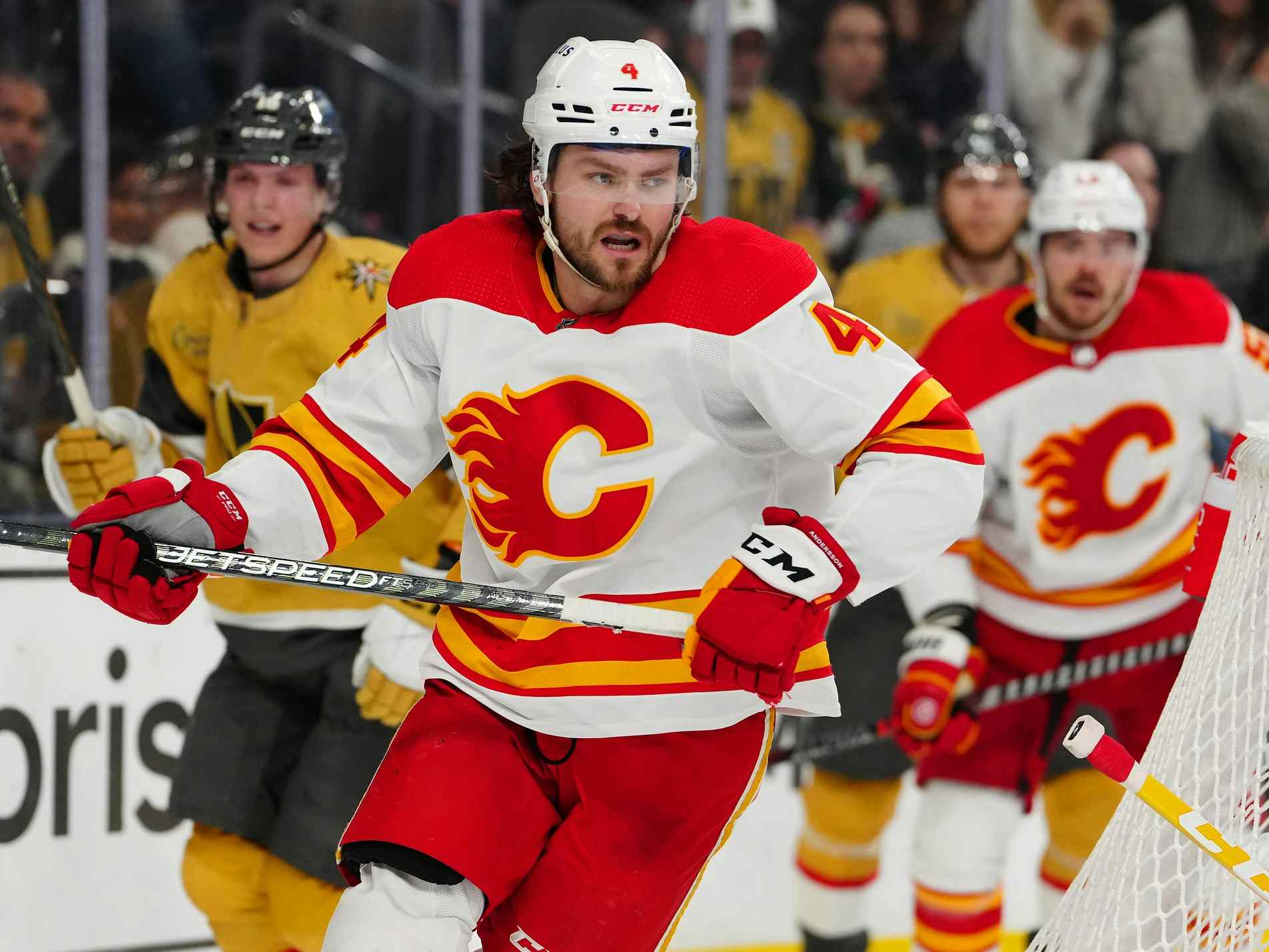Flames and Rebuilding – Follow the Money
By Kent Wilson
12 years ago
Feaster has been at the helm of the Calgary Flames for just over a year. And while some superficially significant moves have been made over that period (specifically, the trades involving Robyn Regehr and Daymond Langkow) the organizational path and mantra hasn’t changed much despite the switch in management. Calgary continues to market long beloved heroes like Jarome Iginla and Miikka Kiprusoff while battling to remain in the playoff picture in the Western Conference.
There has been a lot of discussion over the Flames apparent lack of a future direction since the off-season. While Calgary’s reluctance to engage in a "full rebuild" has various origins, "revenue" is probably one of the prime reasons.
According a recent story in the Toronto Star, the Flames are currently fifth in the league in terms of per game ticket sales ($1.5 million). Only Montreal, Toronto, Vancouver and New York make more at the gate. Clubs like Chicago, Pittsburgh, Boston, San Jose and Detroit take in about $400,000 less than the Flames in terms of ticket revenue per contest.
As a result, the Flames are currently only one of five teams that gross more than $60M via ticket sales per year.
That’s big chunk of dough for an NHL club. It’s also a big disincentive to change. Whatever dissatisfaction the fans may feel about the Flames futility the last few seasons, it hasn’t shown up at the gate (at least, not yet). As a result, the signals Ken King and ownership are getting from the market are more "stay the course" than anything else. Veering off into uncharted waters in an attempt to push the club beyond the purgatory of mediocrity means potentially risking the strong, ongoing sales the Flames have established under King since the 2003-04 cup run.
Which isn’t to say the franchise’s motivation is necessarily venal. Calgary has spent at or near the cap for numerous years and the ownership has shown a willingness to bury various mistakes (be it of the coach or player variety) since sales improved in the early part of the new millennium. The franchise is also active in the community and with various charities.
Nevertheless, $61.5M is a lot of cake to gamble with. There are obviously some aspects of the Alberta/Calgary market which make a rebuild gambit less risky for the Flames – the lack of other professional sports teams, the relative affluence of the city, a downtown dense with corporate headquarters and strong, grassroots support for the team (which is why Edmonton, despite being a weak sister for five years running, comes in sixth right behind Calgary).
But that’s theoretical. It’s easy to speculate from a distance that gate receipts would remain constant regardless of management’s successes or failures. The truth is the potential fall-out of trading a player like Iginla or suffering through an unsuccesful rebuild could have large ramifications for what is currently a very healthy bottom line.
Loss aversion is a strong cognitive bias. People generally prefer to avoid losses more than anything else. It’s a heuristic I once used to partially explain Darryl Sutter’s descent into madness. As such, folks tend to try to avoid losses even more than they look to maximize gains.
This isn’t my call for fans to boycott their tickets or refuse to pay for Flames merchandise until the team decides to fundamentally alter it’s team building philsophy. I’ll leave that up to the individual fan.
Just know that the Flames are probably at or near their regular season cap in terms of revenue; even with the team perpetually finishing 10th in the west. The club could therefore potentially risk a lot with an overtly aggressive rebuild, which is why we’re unlikely to see a more meaningful "switching of gears" by the Flames in the near future.
Until there are stronger signals from the market to change or literally no other choice left on the ice, expect the Flames to continue to more or less tinker around the edges.
Recent articles from Kent Wilson





